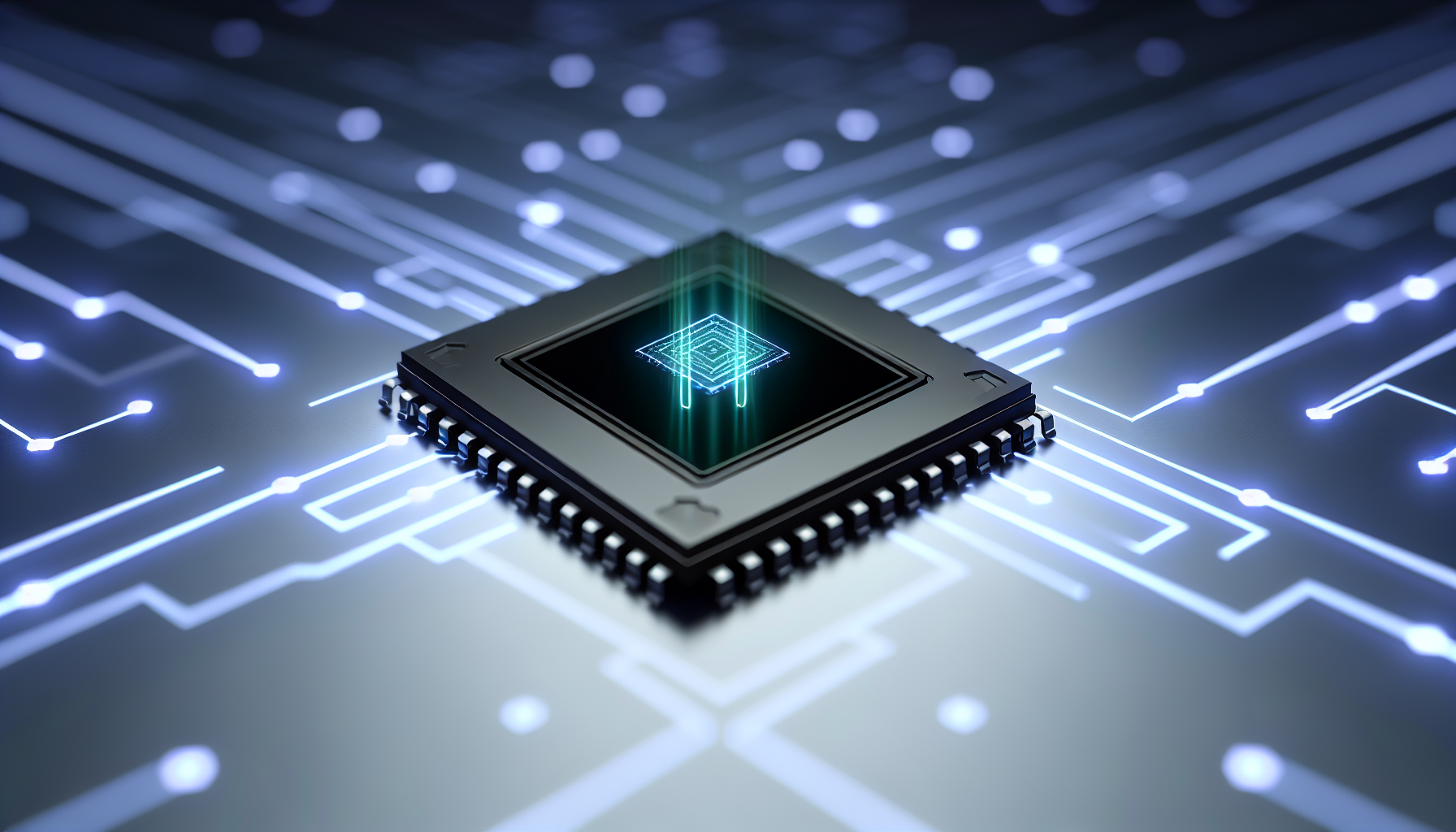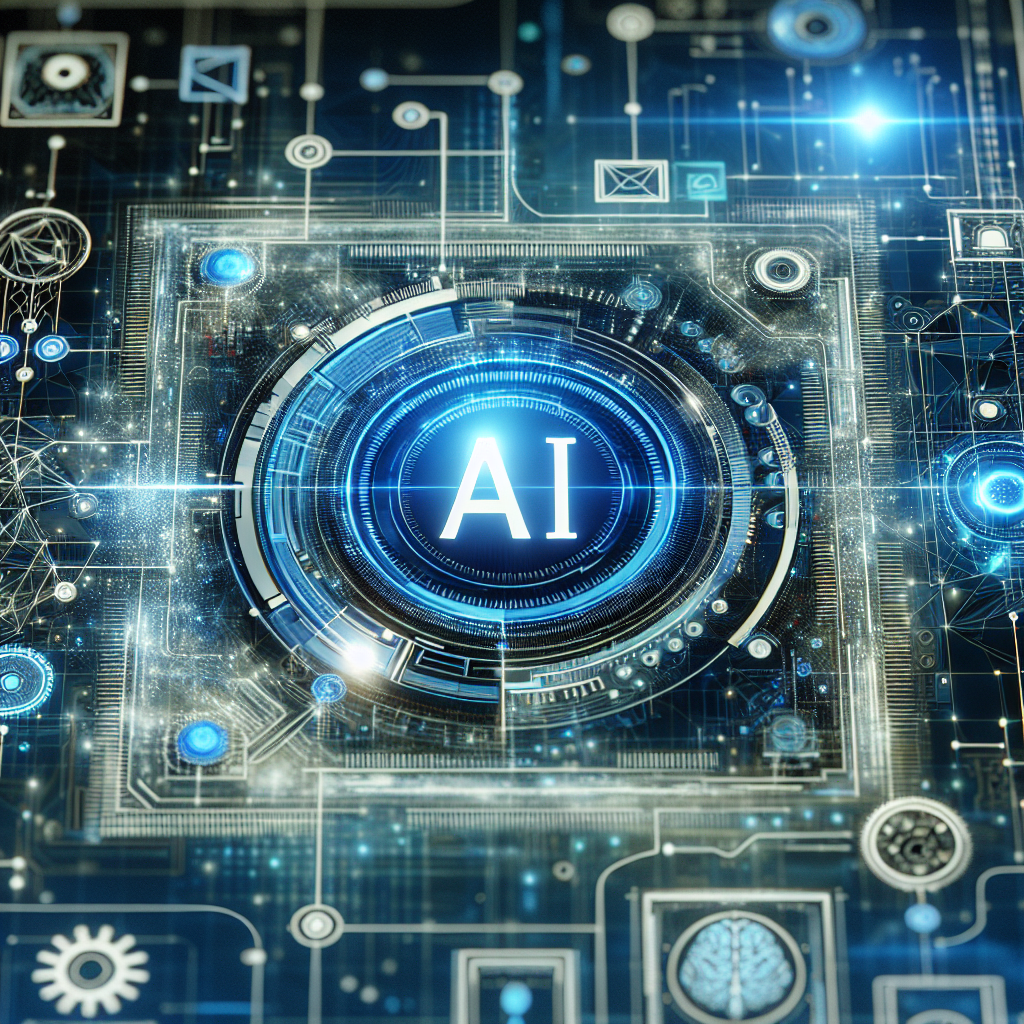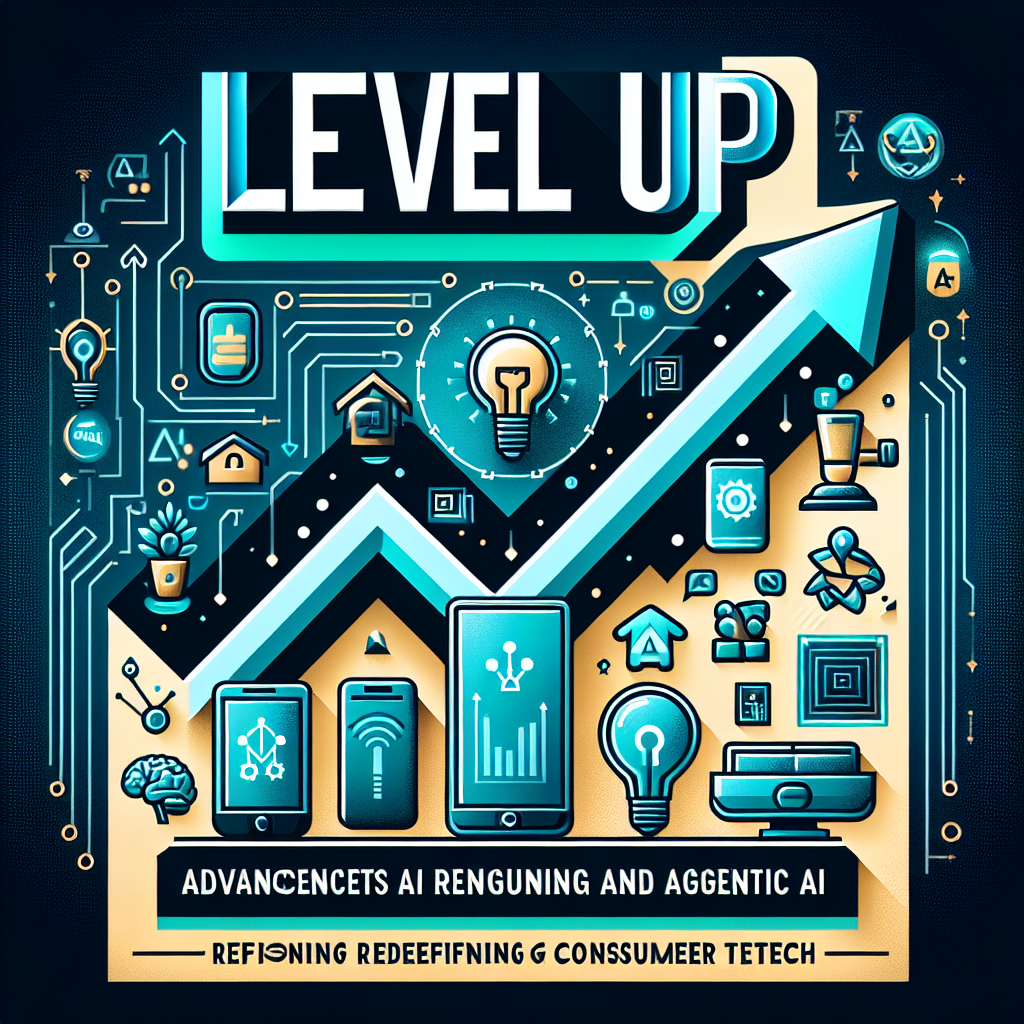Samsung AI Forum 2025 Unveils Groundbreaking Vertical AI Strategies in Semiconductor Innovation
Posted on October 02, 2025

At the Samsung AI Forum 2025, global AI experts and Samsung leaders converged to propel vertical AI strategies focused on semiconductor innovation. Emphasizing tailored AI models, autonomous agentic AI systems, and AI-driven electronic design automation, the event showcased how Samsung is pioneering AI integration to revolutionize chip design, manufacturing, and user-centric devices. This strategic fusion of foundational AI research with industrial applications marks a transformative era where intelligent hardware and software co-evolve to drive the future of technology.
Samsung's ninth annual AI Forum, held on September 15-16, 2025, at its Yongin semiconductor site, marked a pivotal moment in the convergence of artificial intelligence and semiconductor technologies. Themed “Vertical AI Strategies and Vision for the Semiconductor Industry,” the event gathered global AI luminaries such as Yoshua Bengio and Stefano Ermon alongside Samsung’s top executives, underscoring a bold commitment to advancing AI integration across Samsung's operations and the broader tech industry.
A central highlight was the exploration of vertical AI — AI tailored specifically for distinct industrial domains rather than general-purpose AI. Samsung’s Device Solutions (DS) Division showcased how AI-driven solutions are revolutionizing semiconductor design and manufacturing. Yong Ho Song, Executive Vice President and Head of DS AI Center, emphasized that AI tools have become indispensable in chip design and fabrication amid rising complexity, facilitating improved precision, yield, and innovation speed.
Yoshua Bengio’s keynote spotlighted the dual challenges and responsibilities of AI development, introducing 'Scientist AI,' a model grounded in verified data to curb misuse and enhance scientific discovery. Stefano Ermon’s insights on diffusion-based language models (DLM) illustrated the expanding frontier of AI architectures with potential applications extending beyond natural language processing into materials science and semiconductor research.
Amit Gupta, Senior VP of Siemens EDA, stressed the transformative potential of embedding AI within electronic design automation (EDA). He advocated for end-to-end AI-enabled workflows that span semiconductor design to production, enabling more agile, efficient, and intelligent chip manufacturing.
The forum also revealed Samsung's investment in next-generation "agentic AI" systems — autonomous AI agents capable of personalized, context-aware decision-making. These agents, split into User Agents that function as digital twins and Advisor Agents that optimize workflows via reinforcement learning, promise to enhance the seamlessness and intuitiveness of AI embedded in smartphones, wearables, and smart home ecosystems.
Technically, this multifaceted approach signals an AI-driven paradigm where semiconductors are not just passive hardware but active collaborators in computing processes. By integrating diffusion models and reinforcement learning into material development and design cycles, Samsung is pioneering vertical AI frameworks that bridge foundational AI research with industrial applications.
Samsung's forum exemplifies how vertical AI strategies accelerate innovation by customizing AI capabilities per industry demands, thus maximizing efficiency and safety. As semiconductor manufacturing embraces AI at every stage — from design, fabrication, to testing — Samsung’s leadership is poised to shape the future of intelligent hardware fundamental to AI’s continued evolution.
For tech enthusiasts and industry watchers, the 2025 forum not only highlights cutting-edge AI technologies but also illustrates Samsung's vision: a future where AI deeply augments physical production systems and user experiences through smart, vertically integrated intelligence.


